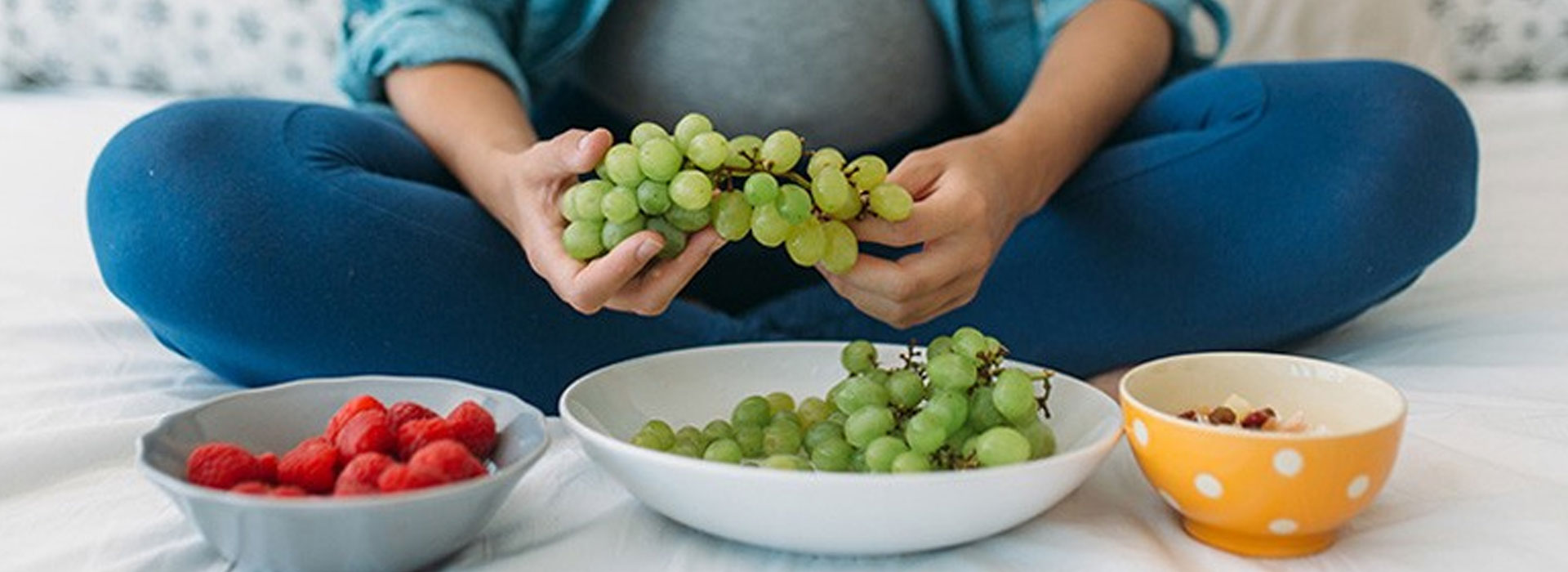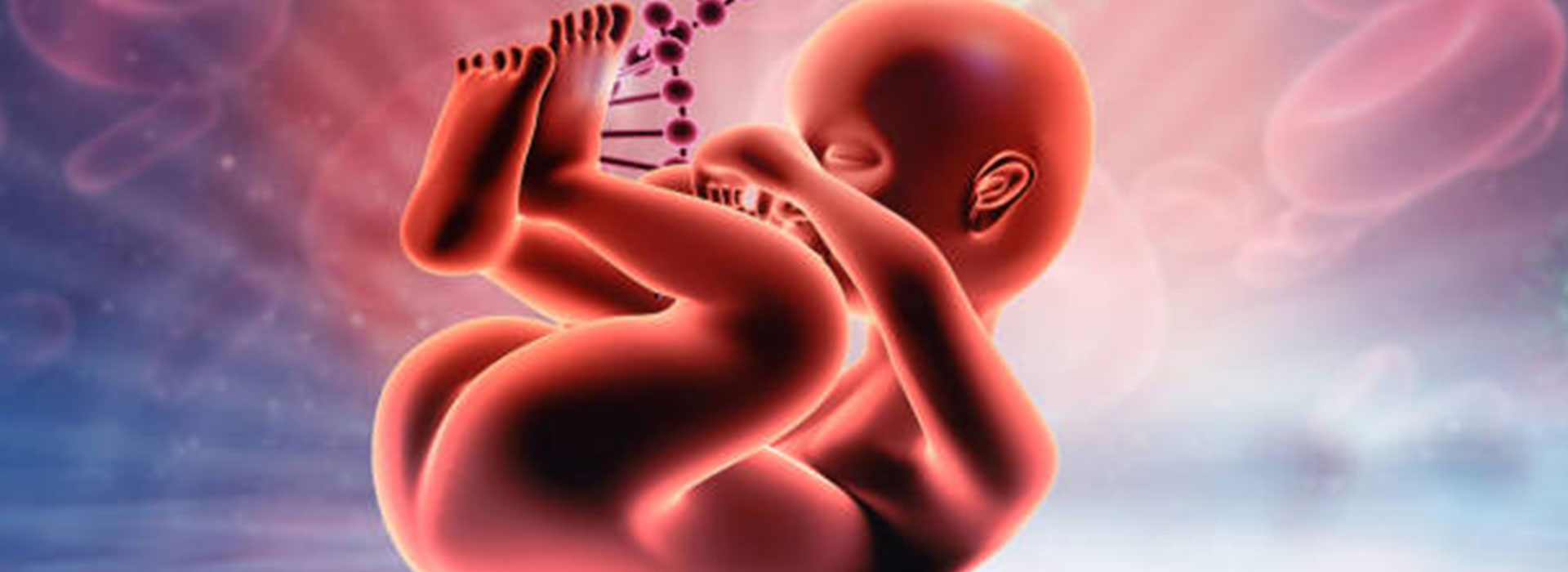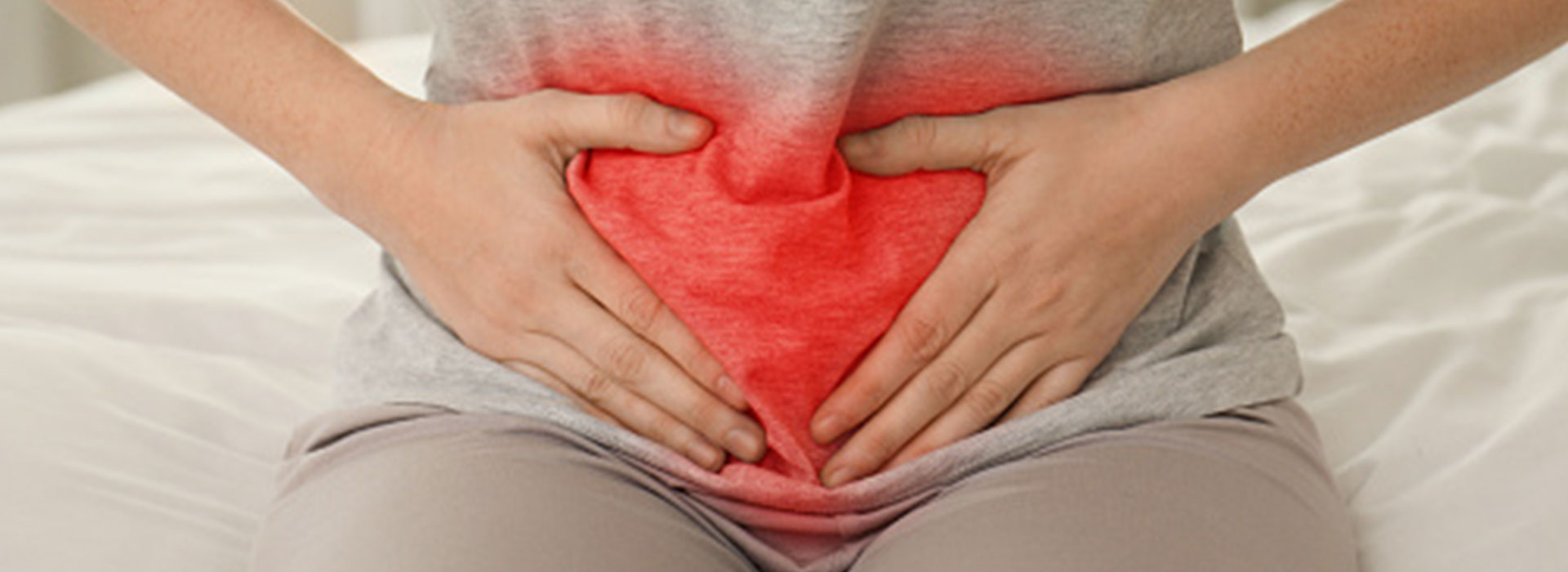NS3 – Importance of good diet for a healthy pregnancy
A healthy pregnancy is a happy pregnancy. During this 9 month journey, it is important that the mother is nurtured and taken good care of, ensuring the health and development of both the mother and her growing baby.
You need the right amount of nutritional intake as your body changes and starts making space for your baby to grow within yourr womb. You don’t need to worry about “eating for two” but a balanced food intake will help in the growth and development of your baby as well.
In fact, healthy eating should be a part of your daily routine, even before you are pregnant. Your positive pregnancy test is a sign that now a tiny tot has also entered your life and is surviving inside your womb and that you are the unlimited source of nourishment for your baby, once the placenta and umbilical cord are established. Maintaining a healthy diet and getting your body ready prior to pregnancy will give you a leg up, even before you conceive.
The idea of planning a pregnancy starts from keeping yourself prepared physically and mentally to undergo all the changes and adaptations in your body during this phase.
Nutrients to include in the pregnancy diet and their importance
On an average, a woman should have an intake of about 2000 calories per day. In the third trimester, for the active growth and needs of the baby, the mother might have to additionally include 200 calories per day.
1. Calcium – There should be a considerable amount of calcium ingestion, about 1000 milligrams a day for building strong bones and teeth of your baby. During the first trimester, your baby starts to form bones and a skeletal framework which requires calcium for its development. The growth of the baby will not halt but if your calcium intake is inadequate, you may suffer from osteoporosis or weak and brittle bones in the later stages of life. Lack of necessary calcium levels in a mother’s body may lead to low birth weight, premature birth, slow growth of the baby, heart problems etc. while excess calcium may lead to problems such as kidney stones, constipation, and lack of proper rhythm in the heartbeat. Including calcium based foods like milk, cheese, yoghurt and other milk products can help boost calcium levels in your body. Broccoli, soybeans and almonds are also good sources of calcium. However, remember to avoid any raw or unpasteurized milk and soft cheese as these are totally unsafe for you and your growing baby.
2. Vitamin D – Vitamin D regulates the amount of calcium, bone metabolism and phosphate in the body by having an effect on the immune system. You need around 10 milligrams of this nutrient every day. Our body by itself makes vitamin D when exposed to the sun, while other sources can include red meat, eggs or oily fishes like salmon, sardines or herrings. Vegetarians can take up supplements for Vitamin D as this nutrient is difficult to be consumed from vegetarian foods alone. Steer clear of any mercury-rich fish - mercury can be toxic for you and your baby.
3. Iron – When pregnant, you need twice the amount of iron than what you consumed pre-pregnancy. 27 milligrams of iron a day for pregnant women and 9 to 10 milligrams would be sufficient to cater to the needs of the developing baby and in the making of haemoglobin, a substance in the blood that helps transport oxygen throughout the body. Your body needs an increased quantity of iron to make enough blood for your baby. A lack of iron may lead to fatigue, headaches or anemia. Severe deficiency may also cause the premature birth of the baby, low birth weight and postpartum depression. The body absorbs iron efficiently during pregnancy and this helps overcome pregnancy tiredness, weakness and depression.
Meat and seafoods like chicken, oyster, sardines, pork, shrimp, turkey, veal, lamb, liver, crab, and clams have a very high iron content. Vegetarians can choose legumes like lentils, soybeans, peas, dry beans. And both vegetarians and meat eaters can consume fruits including all berries, apricots, plums, raisins, oranges and watermelon, vegetables like broccoli, sweet potatoes, spinach, and sprouts. Other than these foods, even bread, cereals, peanuts and pasta can be opted as a source of iron.
4. Protein – Around 60 to 100 grams of protein are required in your diet depending on your weight which can be taken in the form of peanuts, soy and soy-based products, meat, poultry, eggs, beans, legumes, sprouts, cheese, milk and lentils. They form the building blocks of your baby’s body and help in the development of hair, fingernails, skin and muscles. Proteins are very essential during the second and third trimester of pregnancy when your baby is growing rapidly and you are rapidly undergoing changes yourself.
5. Folic acid – Folic acid is vitamin B that helps prevent brain and spinal cord related defects in the baby and is very essential as a part of a pregnant woman’s diet. About 600-1000 milligrams of folate or folic acid is required in your diet throughout the pregnancy journey. Cereals, spinach, beans, oranges and peanuts are a good source of folic acid. Pregnant women can also depend upon some supplements to add in extra folic acid based on their diet. Make sure you talk to your healthcare provider before adding in any supplements.
Eating healthy during pregnancy can reduce the chances of complications during your pregnancy journey and childbirth. During the initial days, morning sickness and food aversions can lead to a less than balanced diet. Try not to stress too much about this and focus on building healthy habits once you are able to eat again. Remember, maintaining a wholesome and balanced diet can boost your energy and promote the good development of your baby.
Foods to limit include those extremely high in sugar like chocolates, pastries, biscuits and ice creams, and very fatty foods like oil, cream etc. that are rich in fats and excessively salty food. Limit caffeine and completely avoid alcohol because there is no safe limit to consuming alcohol and can harm the growth of the baby, leading to fetal alcohol syndrome.
If you start taking care of yourself and nurturing yourself, it is ultimately for the well-being of your baby. It just takes some mindful eating and maintaining a balanced diet as much as you are able to.




